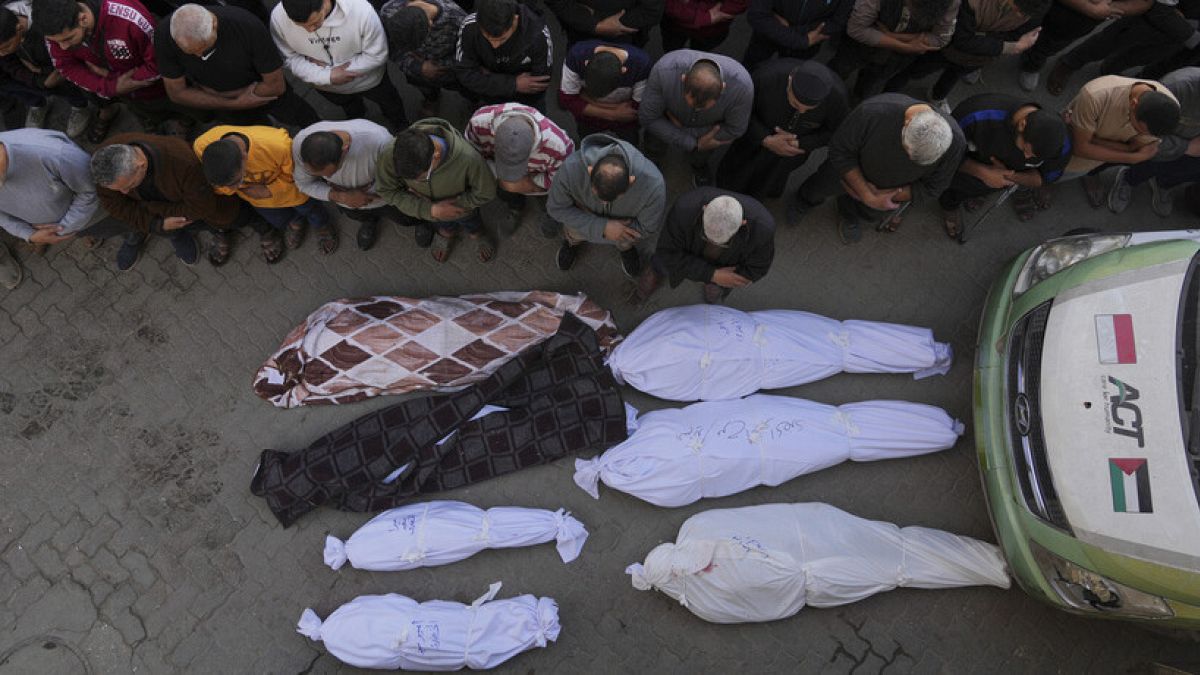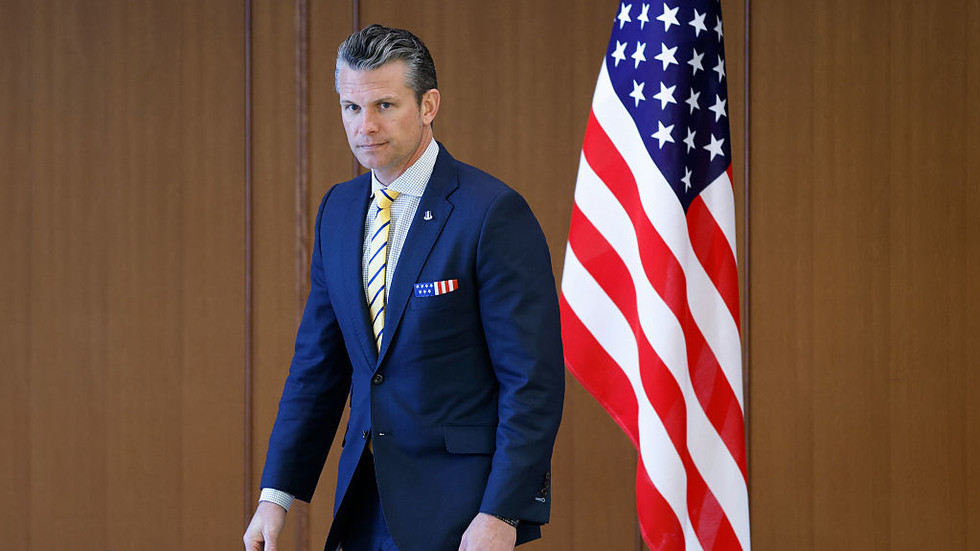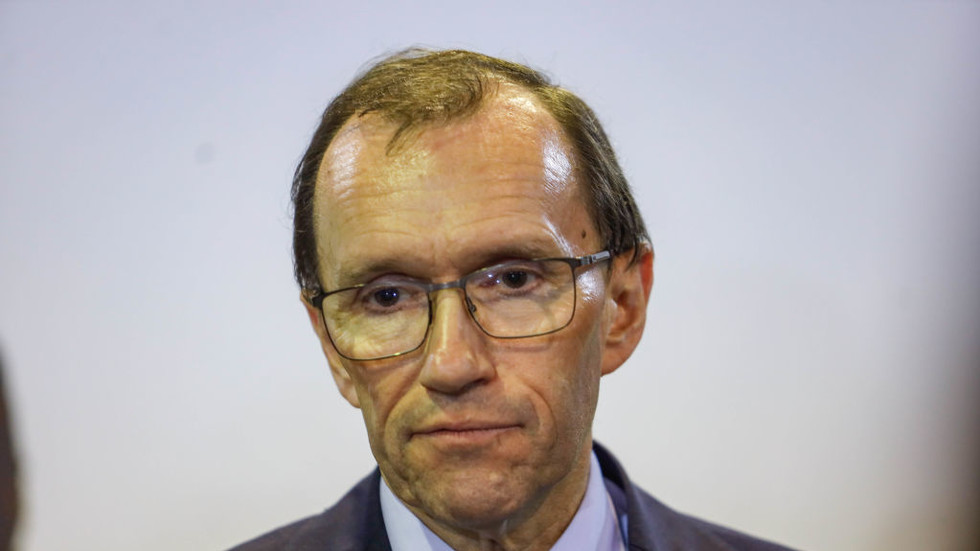Israel’s defense minister recently hinted at plans to strike the country’s installations, calling them an “existential threat”
The head of the International Atomic Energy Agency (IAEA), Rafael Grossi, has warned Israel against attacking Iranian nuclear installations, as this is prohibited by international law and could have dire consequences for the entire region.
Grossi made the remarks at a press conference in Tehran, where he is on a two-day visit for talks on Iran’s nuclear program.
“Such attacks could have very serious radiological consequences. The IAEA and its member states have previously expressed strong opposition to such actions,” Grossi said in response to a question about the threat of an Israeli attack on Iran’s nuclear facilities.
Tensions between Tehran and West Jerusalem have escalated since the outbreak of the latest Israel-Hamas war in Gaza last year and Israel’s incursion into Lebanon targeting Hezbollah. Iran has condemned Israel for both conflicts, and the two states have exchanged missile strikes several times this year.
Israeli officials had previously named Iran’s nuclear sites as targets for potential attacks, but have so far reportedly been pressured by the US to not follow through with the threats.
Earlier this week, however, Israel’s newly appointed defense minister, Israel Katz, said that Iran is “more exposed than ever to strikes on its nuclear facilities,” and that Israel now has a chance “to achieve our most important goal – to thwart and eliminate the existential threat to the State of Israel.” His comments raised concerns that West Jerusalem may soon attack the sites.
During the press conference, Grossi noted that current regional tensions “show that the space for negotiation and diplomacy” on Iran’s nuclear program “is getting smaller.”
Iran’s work on uranium enrichment has long been viewed by the West as a covert effort to develop nuclear weapons. While the 2015 nuclear agreement between Iran and world powers put limits on the program in exchange for significant sanctions relief for Tehran, it collapsed after the US pulled out of the agreement in 2018. This led Iran to step up its enrichment capabilities, which, according to Grossi, are now close to the threshold required for weaponization.
The IAEA has been pushing for more monitoring and cooperation at Iranian nuclear sites. Grossi said he was determined to make his visit a “success” in this regard given the “serious circumstances in the region.”
Iran has long denied having ambitions to create a nuclear weapon, repeatedly stressing that its enrichment program has always been peaceful and aimed solely at civilian use. Following a meeting with Grossi later on Thursday, Iranian Foreign Minister Abbas Araghchi said his country is willing to cooperate and negotiate with the IAEA over its nuclear program, but would not do so “under pressure and intimidation.”

 4 months ago
30
4 months ago
30








 We deliver critical software at unparalleled value and speed to help your business thrive
We deliver critical software at unparalleled value and speed to help your business thrive






 English (US) ·
English (US) ·